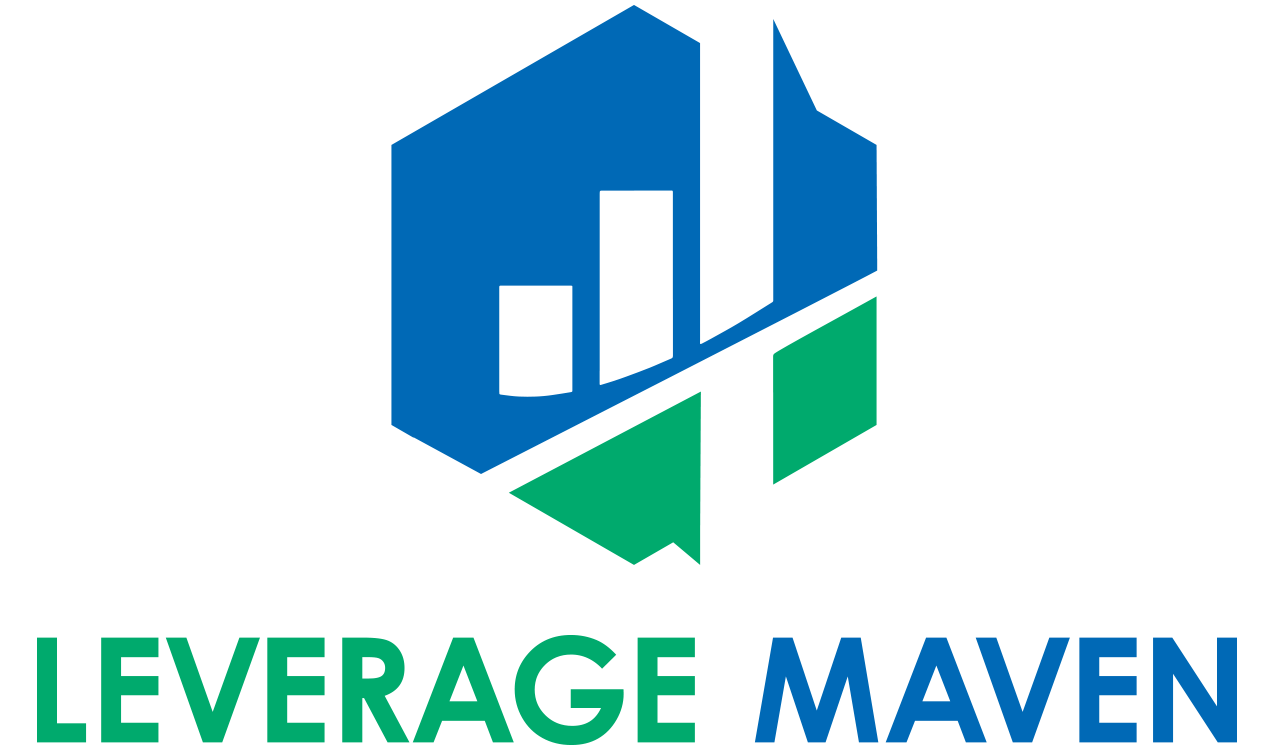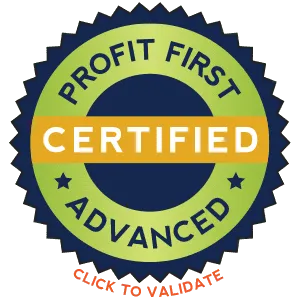Profit First Methodology
What is Profit First?
Profit First is a profoundly simple yet shockingly effective accounting strategy that will transform your business from a cash-eating monster into a money-making machine. Written by Mike Michalowicz, the system explains why the GAAP accounting method is contrary to human nature, trapping entrepreneurs in the panic-driven cycle of operating check-to-check and reveals why this new method is the easiest and smartest way to ensure your business becomes wildly (and permanently) profitable from your very next deposit forward.
Why Profit First
In all my years of working with entrepreneurs, I have found Profit First to be the best money management system to manage your cash flow. I love helping my clients set up this incredible tool to organize their money to keep more of their profits, save for taxes, and get their expenses under control. It’s simple to understand, easy to use, and the results are amazing!
I've implemented Profit First into my own business and have seen amazing results.
What does this mean for you? I am able to guide you through the proven methods to greatly increase profitability in your business and manage your cash flow so you are paying yourself and your taxes, and making a profit, first. Here's a high-level overview of the process.

The Profit First Formula
The GAAP (Generally Accepted Accounting Principles) formula for determining a business's profit is: Sales - Expenses = Profit.
It is simple, logical and clear. Unfortunately, it's a lie. The formula, while logically accurate, does not account for human behavior. In the GAAP formula, profit is a left over - something that is hopefully a nice surprise at the end of the year. Alas, the profit is rarely there, and the business continues on its check-to-check survival.
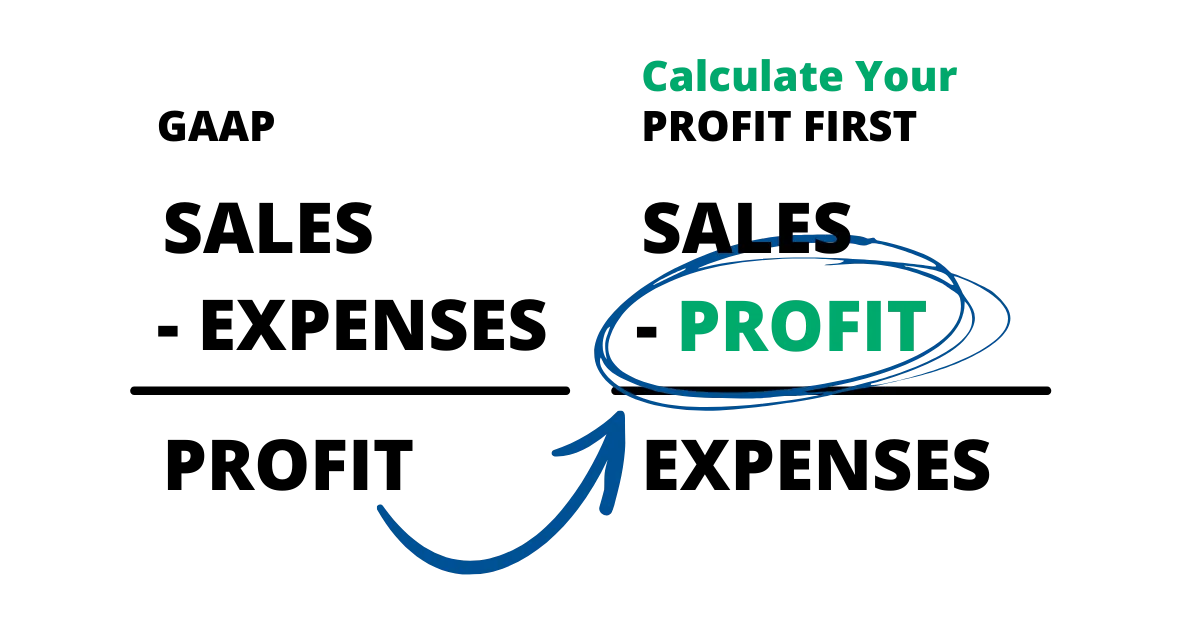
With Profit First, you flip the formula to Sales - Profit = Expenses. Logically the math is the same, but from the standpoint of the entrepreneur's behavior, it is radically different. With Profit First, you take a predetermined percentage of profit from every sale first, and only the remainder is available for expenses.
Many entrepreneurs try to force themselves to become better at accounting and to become more disciplined in their fiscal management by pure willpower. But just like a muscle, willpower can be drained. And in a moment of financial stress or when faced with larger than expected expenses, the entrepreneur will break their own fiscal rules and spend the money they have.
The Profit First principle does not try to change your habits (that is nearly impossible to do), Profit First works with your existing habits. By first allocating money to different accounts, and then removing the temptation to “borrow” from yourself, your business will become fiscally strong and you will benefit from regular profit distributions.
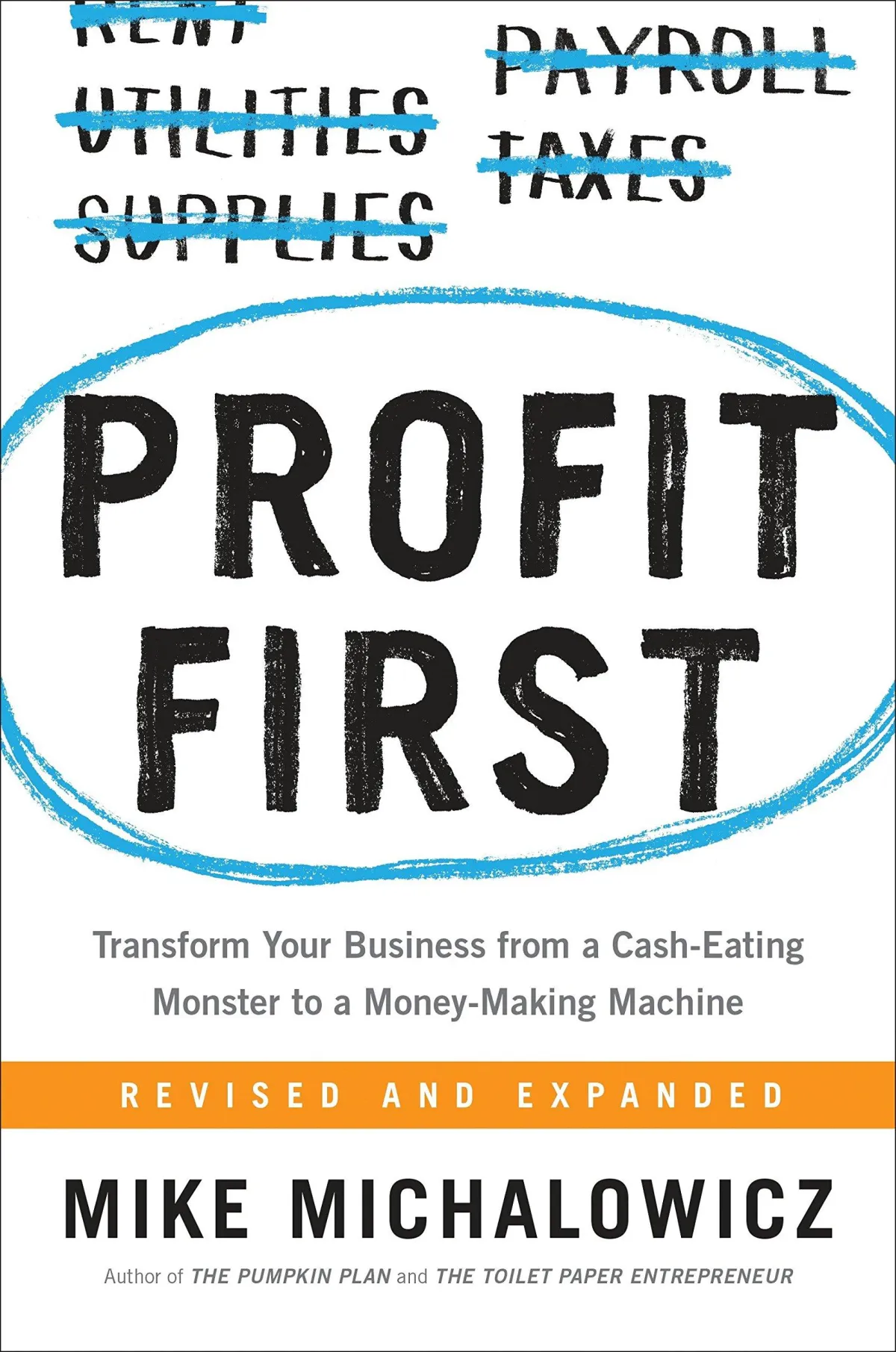
Interested in Reading an Intro to Profit First?
Start learning the new equation that is changing the life of business owners all over the world. REAL income can be that easy!
Parkinson's Law
Author and historian C. Northcote Parkinson theorized that our demand for a resource increases to meet the supply of it. That's why when we are given two weeks to do a project it takes two weeks, and when we are given eight weeks to do the same project it takes eight weeks. That is why when given $1,000 to complete our work we get it done with $1,000 and when given $10,000 to complete the same work, it takes $10,000. Profit First makes Parkinson's Law an asset. By taking profit first, the money available for expenses lessens, and we are forced to find ways to get the same things done for less money.


Are you wondering why you are seeing tubes of toothpaste? Send me an email to find out!
Bank Balance Accounting
Most entrepreneurs use their bank account to determine the financial health of their company, whereas they should be using the Income Statement, Balance Sheet and Cash Flow Statement. The issue is that they often don't know how to interpret those statements, so they end up looking at their bank accounts.
Bank balance accounting means that you use your bank account balance to make financial decisions. If the balance is low, they try to sell more stuff and collect on overdue accounts. If the balance is high they will spend money, an example would be purchasing new equipment or expanding their office. The problem is that the individual does not see the true financial health of the organization and might not have enough money left over to pay themselves, pay taxes or produce a profit.
Profit First uses the “bank balance” idea by creating separate accounts for everything. Twice a month a percentage of the revenue that is deposited in the operating account will be distributed to the other accounts that are not touched. This will help the entrepreneur ensure that they have enough money for taxes, to pay themselves and produce a profit. The individual then has to control their expenses to ensure that the company will survive on the “left overs” in the operating account.
Don't Change Habits, Leverage Them
Many entrepreneurs try to force themselves to become better at accounting and to become more disciplined in their fiscal management by pure willpower. But just like a muscle, willpower can be drained. And in a moment of financial stress or when faced with larger than expected expenses, the entrepreneur will break their own fiscal rules and spend the money they have.
The Profit First principle does not try to change your habits (that is nearly impossible to do), Profit First works with your existing habits. By first allocating money to different accounts, and then removing the temptation to “borrow” from yourself, your business will become fiscally strong and you will benefit from regular profit distributions.
Profit First Quick Start Rocket Launch
Start Your Business with Profit First done RIGHT
This video series summarizes the foundational components of Profit First, explores new teachings, and defines the behavioral aspects that will ensure your Profit First success.
Copyright ©2024 Leverage Maven™ | Privacy Policy
